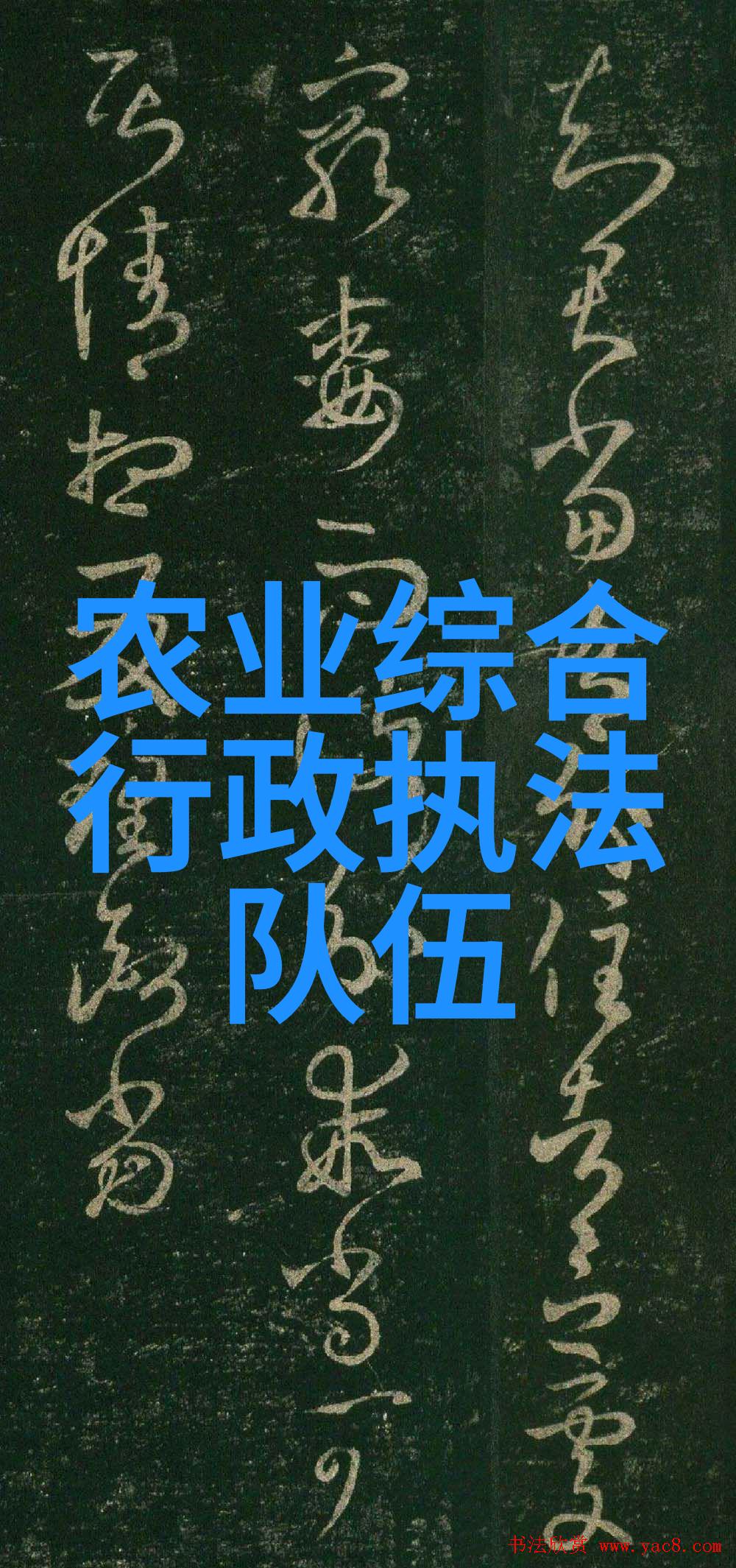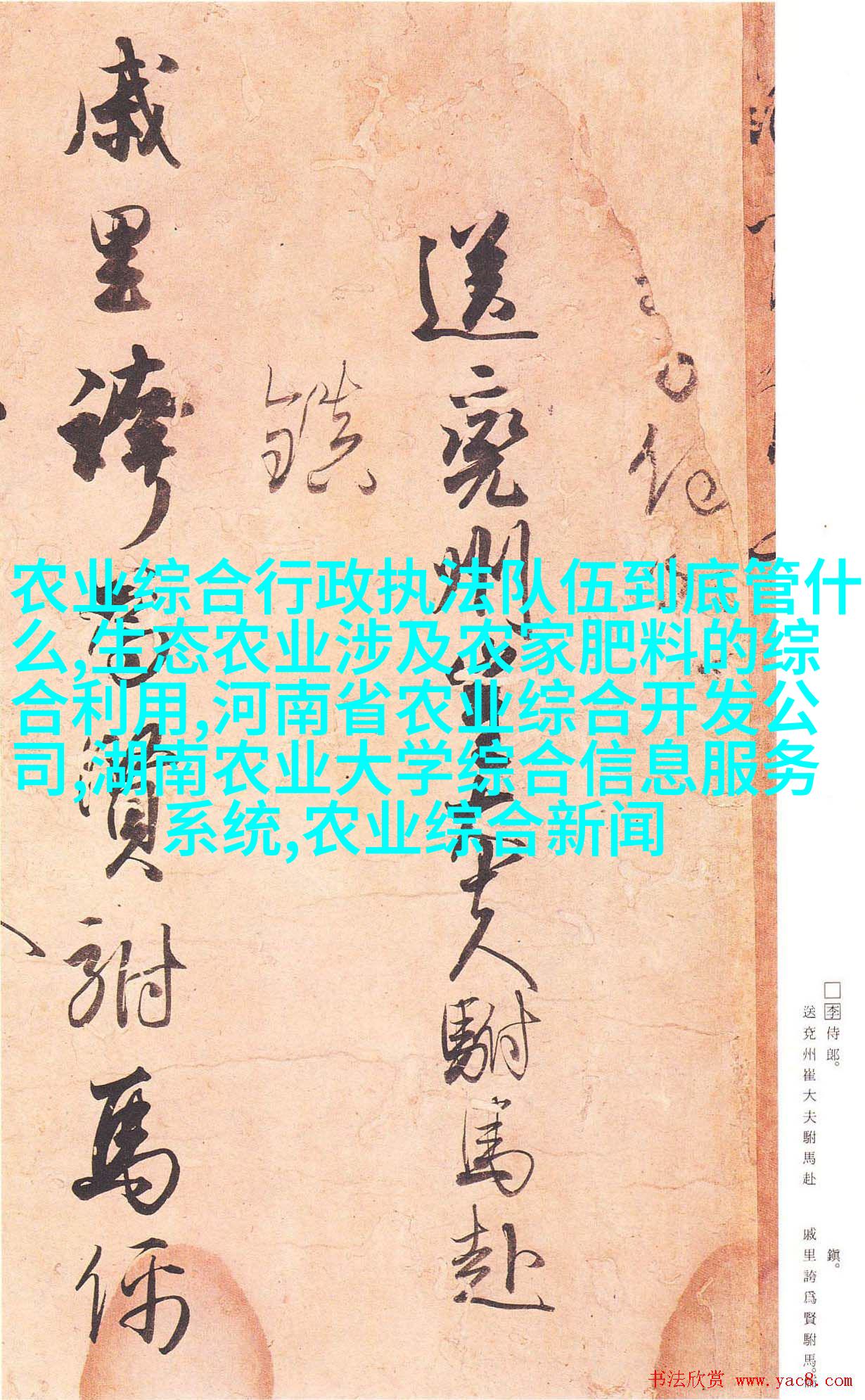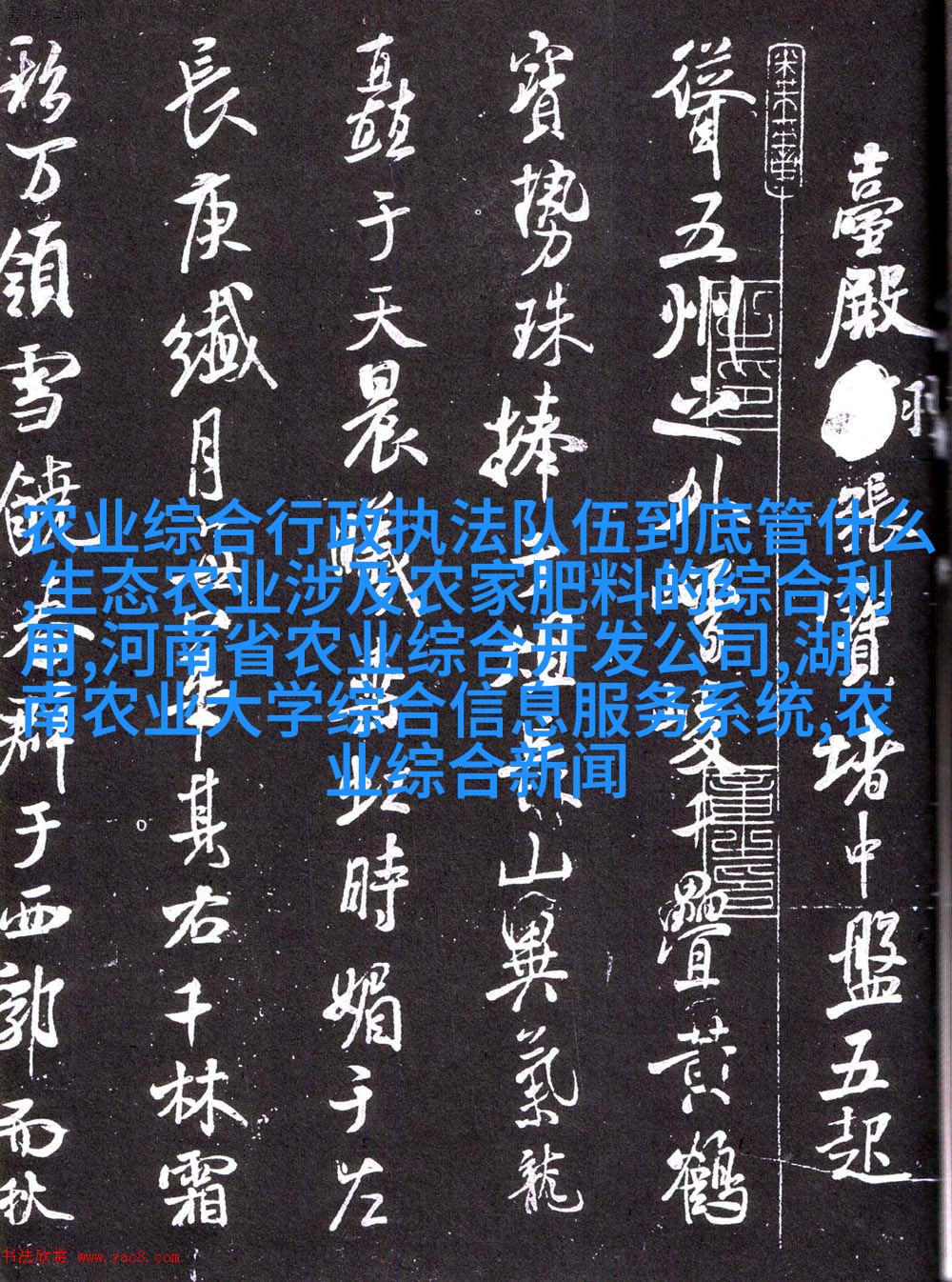In the vast and diverse landscape of China's legal system, there exist numerous philosophical and theoretical foundations that provide the bedrock for its structure. The Chinese legal system has evolved over centuries, drawing from a rich tapestry of cultural, political, economic, social and historical factors. As such, it is important to examine these foundational elements in order to gain a deeper understanding of how they shape the framework of law in China.

The first major foundation upon which the Chinese legal system rests is Confucianism. This ancient philosophy emphasizes moral values such as benevolence (ren), righteousness (yi) and propriety (li). These values are deeply ingrained within Chinese society and have played a significant role in shaping both personal behavior as well as societal norms. They also serve as an essential component within the broader context of China's legal system by providing guidelines for ethical conduct among government officials.
Confucianism has had a profound impact on China's civil service examination tradition where candidates were evaluated not only on their knowledge but also their adherence to moral principles. This emphasis on moral integrity continues to influence contemporary governance practices today with many high-ranking officials being expected to embody these Confucian virtues.

Another influential philosophical thought that has significantly impacted China's legal landscape is Legalism or Fa-Jia. This school of thought emerged during the Warring States period around 400 BCE and advocated for strict laws enforced by strong centralized authority rather than relying solely on morality or ethics.
Legalist theories were later adopted by Emperor Qin Shi Huangdi who unified various warring states under his rule through his famous Terracotta Army project around 200 BCE. He codified all existing laws into one comprehensive code called "The Nine Chapters" which was intended to establish clear rules governing every aspect of life from agriculture to warfare.

This Legalist approach formed part of what would eventually become known as my country's 'Legal Regulations Comprehensive' – an exhaustive collection encompassing all applicable laws covering civil matters like property rights; criminal offenses like drug trafficking; administrative issues related public health safety standards etcetera
Furthermore since modern times , particularly after Mao Zedong’s Communist Party came into power following revolution in 1949 – Marxist ideology played increasingly central role influencing legislation development . With its focus on class struggle & collective ownership , Marxist ideas informed policies aimed at redistributing wealth , promoting equality between different groups across society

Additionally post-1978 when Deng Xiaoping implemented market-oriented reforms called "Reform & Opening Up", Economic growth became key driver for policy-making leading new areas like Intellectual Property Rights Law enacted .
As seen above my country’s Legal System draws inspiration from multiple sources including Confucianism - emphasizing morality & ethical conduct ; Legalism - stressing strict enforcement via centralized authority ; Marxism - focusing redistribution & equity along with recent additions coming out “market-oriented” reforms . Through this blend we can see why our nation stands strong with robust regulatory environment capable handling diverse needs while keeping pace evolving global trends

标签: 农业综合行政执法队伍到底管什么 、 农业综合新闻 、 湖南农业大学综合信息服务系统 、 河南省农业综合开发公司 、 生态农业涉及农家肥料的综合利用



